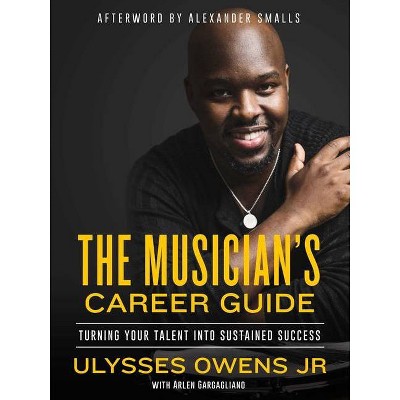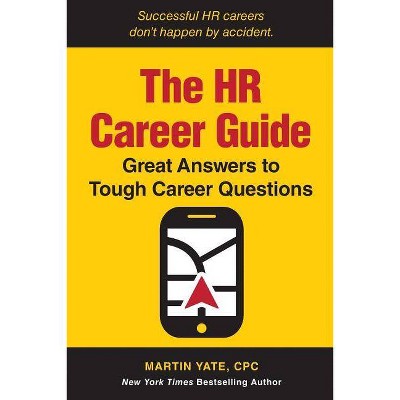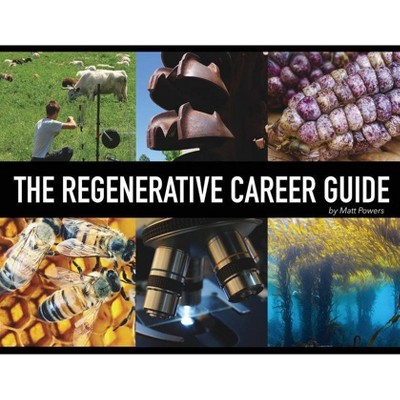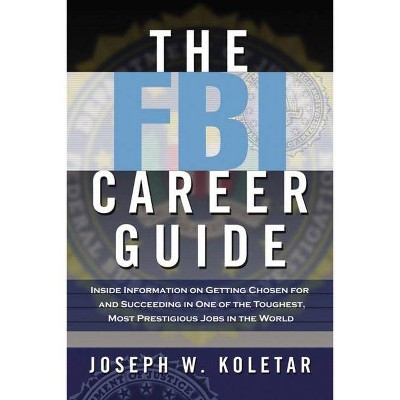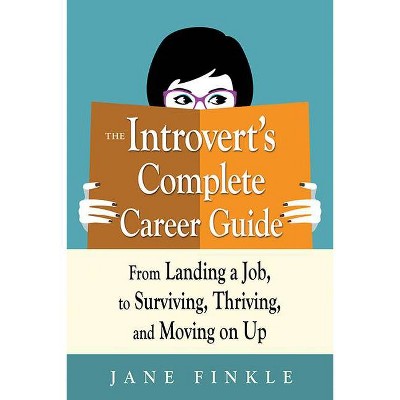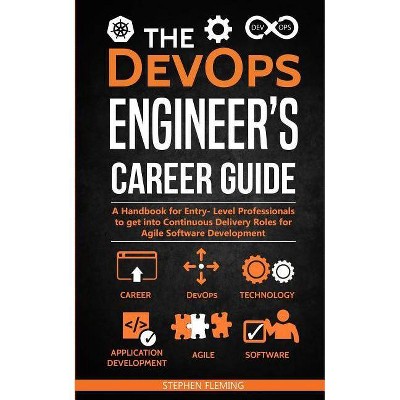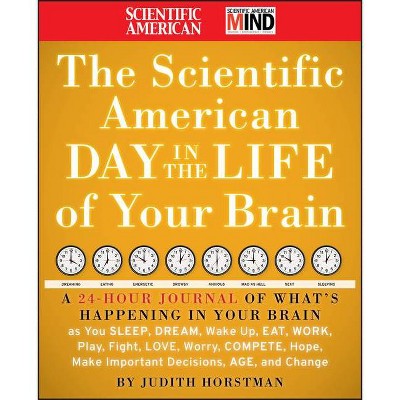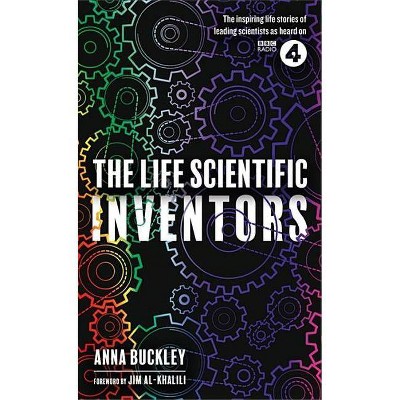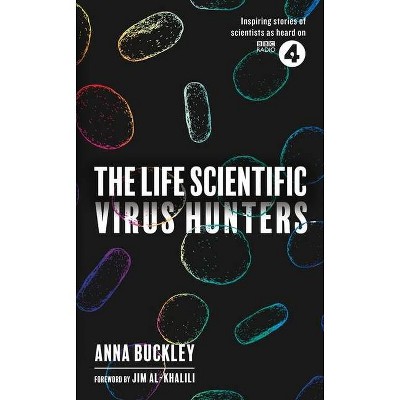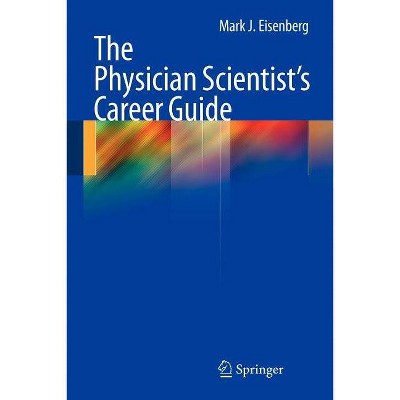A Guide to the Scientific Career - (Hardcover)
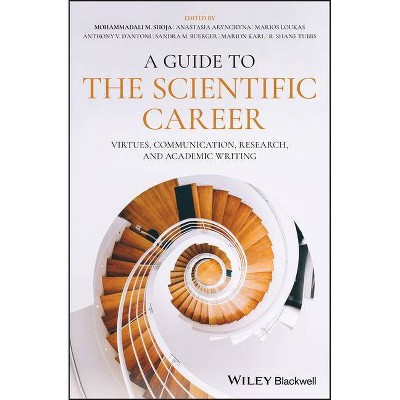
Similar Products
Products of same category from the store
AllProduct info
<p/><br></br><p><b> About the Book </b></p></br></br>"True academic success for a medical professional is multifaceted; one should have a clear and correct definition of success in order to proceed in the right direction. In establishing a successful career, communication skills and networking know-how are as important as having sufficient clinical knowledge and being capable of conducting research and writing scientific papers. Therefore, we are going to emphasize in the book that to be successful, a medical student/resident should have good communication skills, sound clinical judgment, enough knowledge of research methodology and good writing skills. We believe that for achieving this, students/residents need to have comprehensive guidelines to address each of these aspects. We believe this book has the potential to inspire many students/residents and physicians and will be well-received by the academic community"--<p/><br></br><p><b> Book Synopsis </b></p></br></br><p><b>A concise, easy-to-read source of essential tips and skills for writing research papers and career management</b></p> <p>In order to be truly successful in the biomedical professions, one must have excellent communication skills and networking abilities. Of equal importance is the possession of sufficient clinical knowledge, as well as a proficiency in conducting research and writing scientific papers. This unique and important book provides medical students and residents with the most commonly encountered topics in the academic and professional lifestyle, teaching them all of the practical nuances that are often only learned through experience.</p> <p>Written by a team of experienced professionals to help guide younger researchers, <i>A Guide to the Scientific Career: Virtues, Communication, Research and Academic Writing</i> features ten sections composed of seventy-four chapters that cover: qualities of research scientists; career satisfaction and its determinants; publishing in academic medicine; assessing a researcher's scientific productivity and scholarly impact; manners in academics; communication skills; essence of collaborative research; dealing with manipulative people; writing and scientific misconduct: ethical and legal aspects; plagiarism; research regulations, proposals, grants, and practice; publication and resources; tips on writing every type of paper and report; and much more.</p> <ul> <li>An easy-to-read source of essential tips and skills for scientific research</li> <li>Emphasizes good communication skills, sound clinical judgment, knowledge of research methodology, and good writing skills</li> <li>Offers comprehensive guidelines that address every aspect of the medical student/resident academic and professional lifestyle</li> <li>Combines elements of a career-management guide and publication guide in one comprehensive reference source</li> <li>Includes selected personal stories by great researchers, fascinating writers, inspiring mentors, and extraordinary clinicians/scientists</li> </ul> <p><i>A Guide to the Scientific Career: Virtues, Communication, Research and Academic Writing</i> is an excellent interdisciplinary text that will appeal to all medical students and scientists who seek to improve their writing and communication skills in order to make the most of their chosen career.</p><p/><br></br><p><b> From the Back Cover </b></p></br></br><p><b>A concise, easy-to-read source of essential tips and skills for scientific career management, research and academic writing</b> <p>In order to be truly successful as a researcher, one must have a clear perspective concerning one's career, a long-term vision and excellent communication skills and networking abilities. Of equal importance is the possession of basic and/or clinical science knowledge for those in the healthcare fields, as well as proficiency in designing novel research, conducting experiments and writing scientific papers. This unique and valuable book provides students, residents, novice researchers and faculty with discussions of the most commonly encountered topics in the academic and professional lifestyle, providing clear guidance in all of the practical nuances that are often only learned through experience. Those outside the healthcare and allied fields will also find certain chapters beneficial. <p>Written by a team of experienced professionals seeking to help guide younger researchers, <i>A Guide to the Scientific Career: Virtues, Communication, Research, and Academic Writing</i> features ten sections composed of seventy-four chapters that cover ways to foster creativity; emotional intelligence; learning charisma; personal branding; qualities of researchers; guidelines on academic publications; assessing scientific productivity and scholarly impact; manners in academics; communication skills; essence of collaborative research; writing and scientific misconduct; research regulations; drafting proposals and grants; tips on scientific writing, and much more. This essential work: <ul> <li>Guides personal and professional development</li> <li>Provides an easy-to-read source of essential tips and skills for scientific research</li> <li>Emphasizes good communication skills, knowledge of research methodology, and good writing skills</li> <li>Offers comprehensive guidelines that address every aspect of the academic and professional lifestyle</li> <li>Combines elements of a career management guide and publication guide in one comprehensive reference source</li> </ul> <p><i>A Guide to the Scientific Career: Virtues, Communication, Research, and Academic Writing</i> is an excellent interdisciplinary text that will appeal to all biology and medical students, basic and translational research graduate students and scientists who seek to realize their academic ambitions and to improve their research and communication skills in order to maximize their effectiveness in their chosen career.<p/><br></br><p><b> About the Author </b></p></br></br><p><b>MOHAMMADALI M. SHOJA, MD, </b> is a General Surgery Resident at the University of Illinois at Chicago Metropolitan Group Hospitals and a Research Scientist at Tabriz University of Medical Sciences, Iran. He holds positions on several editorial boards and is editor-in-chief of <i>International Journal of the History and Philosophy of Medicine.</i> <p><b>ANASTASIA ARYNCHYNA, MPH, CCRP, </b> is the Clinical Research Manager in Section of Pediatric Neurosurgery at the Children's Hospital of Alabama. <p><b>R. SHANE TUBBS, MS, PA-C, PhD, </b> is Professor, Chief Science Officer and Vice President of the Seattle Science Foundation. Dr. Tubbs is on the editorial board of numerous journals and is the editor of the journal <i>Clinical Anatomy</i>. He has written extensively in the field of anatomy and is an editor for the 41st and 42nd editions of<i> Gray's Anatomy.</i>
Price History
Cheapest price in the interval: 74.99 on October 27, 2021
Most expensive price in the interval: 74.99 on November 8, 2021
Price Archive shows prices from various stores, lets you see history and find the cheapest. There is no actual sale on the website. For all support, inquiry and suggestion messagescommunication@pricearchive.us
